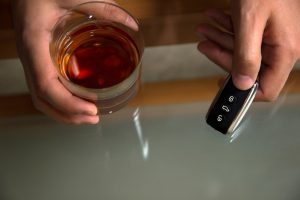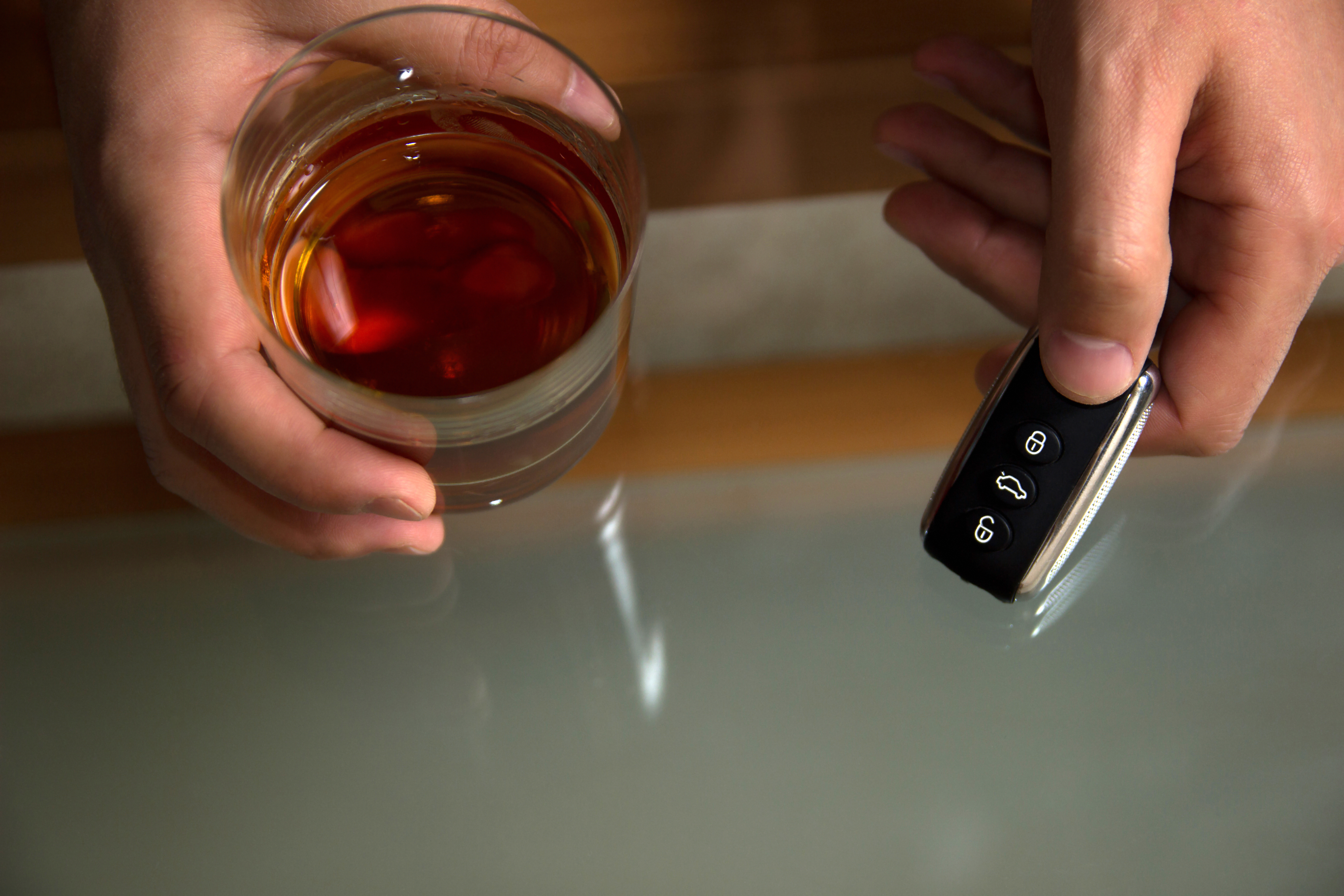DWI Checkpoints in New York: What You Need to Know
DWI checkpoints are commonly employed by police in New York City and the suburbs where there may be a higher probability of drivers who are intoxicated, such as around bars and restaurants and near major thoroughfares. For example, in Manhattan, the most common locations for DWI checkpoints are on Houston Street in lower Manhattan and near the RFK Bridge on the Upper East Side.
In addition, police tend to employ DWI checkpoints more frequently on weekends and on and around certain holidays like New Year’s, Thanksgiving and Halloween, to name just a few. Keep in mind, though, that a DWI checkpoint may be set up at a random day of the week and nearly any location. So, you need to be aware of your rights and responsibilities if you find yourself stopped at one. Here are some things to keep in mind to help get through the process quickly and with as little trouble as possible. If you’ve been charged, contact an experienced DWI Lawyer in NYC today.
Don’t believe the hype about DWI checkpoints in New York
Some people believe that DWI checkpoints are not legal; however, this matter has been litigated and New York courts—and the U.S. Supreme Court—have upheld their constitutionality as long as certain procedures are followed. This means that even if you know someone who insists that DWI checkpoints are unconstitutional, the fact of the matter is that they most likely are not.
This is important to know because it can directly affect your experience at the DWI checkpoint. If you become belligerent with a police officer at a DWI checkpoint and try to insist that they are violating your rights, you may only bring greater scrutiny on yourself especially if you are argumentative and uncooperative.
But you do have certain protections at a DWI checkpoint
 Although a given DWI checkpoint is most likely legal, they do need to meet certain standards. One of those is that there must be written guidelines given to the officers. In People v. Scott, a 1984 case, the court noted that it is important for officers manning a checkpoint have a written plan detailing the purpose and guidelines for the operation. This is necessary to prevent arbitrary enforcement of the laws such as deciding on a whim to stop one driver and not another. Of course, as noted, demanding that the police officer show you a written plan is a good way to draw attention to yourself, so it’s not a good idea.
Although a given DWI checkpoint is most likely legal, they do need to meet certain standards. One of those is that there must be written guidelines given to the officers. In People v. Scott, a 1984 case, the court noted that it is important for officers manning a checkpoint have a written plan detailing the purpose and guidelines for the operation. This is necessary to prevent arbitrary enforcement of the laws such as deciding on a whim to stop one driver and not another. Of course, as noted, demanding that the police officer show you a written plan is a good way to draw attention to yourself, so it’s not a good idea.
There are other protections afforded to you by the law, too: for example, even though a particular DWI checkpoint may be constitutional, it cannot intrude too far into your privacy. What constitutes an unfair intrusion is probably not something to argue with the officers at the checkpoint about; however, it is a possible defense that your attorney will raise at a later point during in a written motion and in a suppression hearing.
What happens at a DWI checkpoint?
The checkpoint is usually marked by flares, signs and/or flashing lights on one or more patrol cars. And, if you think that you can avoid a checkpoint once nearby, police usually employ a non-unformed police officer a distance from the checkpoint in order to ensure that drivers do not attempt to avoid the checkpoint. Those who do try to reverse away from a checkpoint or make a u-turn, will likely be re-directed towards the checkpoint—and draw suspicion.
Once at the checkpoint, a police officer will usually approach the driver’s side and ask the person to lower the window. Because there is no indicia of poor driving like changing lanes or some other Vehicle and Traffic Law violation, police will usually attempt to sense the hallmarks of intoxication: odor of an alcoholic beverage or marijuana, slurred speech and/or bloodshot and watery eyes. If police do observe one or more of these signs, they will ask the driver to pull over and submit to a portable breath test and/or a field sobriety tests. However, in New York City, police conduct what are known as coordination tests back a precinct where a breathalyzer instrument is located.
What happens if you refuse a breathalyzer test in New York?
If police detect one or more signs of intoxication, they will usually portable breathalyzer test to give police an idea showing the blood alcohol content (BAC) in one’s system. Some people believe that if they refuse to take such a test they cannot be charged with a DWI. (Whether or not to submit or refuse a breath or other chemical test for alcohol is a complicated question that depends on the facts of each case.)
Of course, this is incorrect, and there are consequences to refusing a breathalyzer test. If you are arrested and charged with common law DWI (as opposed to per se, which is a BAC of at least .08%), your driver’s license will automatically be suspended. So, simply refusing a breathalyzer won’t necessarily save you from being charged. This is not meant as encouragement or advice to submit to or refuse a breathalyzer. Every case is different so in order to render that advice an attorney would need to know all of the facts.
Know where to turn for help when arrested for DWI at a checkpoint
The biggest thing to keep in mind at a DWI checkpoint is that the facts of every case are unique. That’s why it is important for you to make sure that you get a lawyer who has experience with DWI prosecutions and criminal defense.
I have worked on hundreds of DWI cases as both a former prosecutor and current criminal defense attorney. I know the way the law works, and I know what the prosecutors will have to do in order to obtain a conviction.
A DWI charge can be a scary thing. But you are not alone. If already charged with DWI in New York, let me help you protect yourself from a conviction. Call me or send me an email, and let’s talk about your case. I look forward to helping you.





